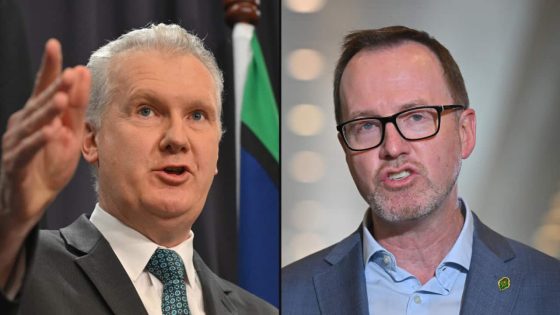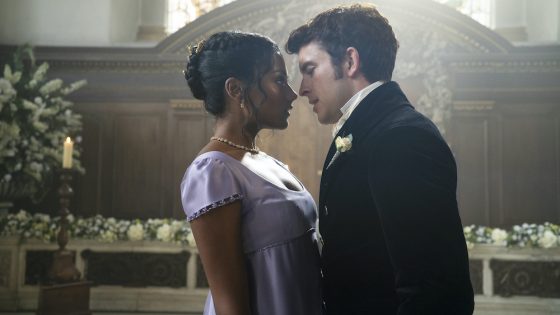What was the star of one of the “all-time great” Olympics?
It was quite simply Paris, due to the imagination of the organisers in placing temporary venues among world-renowned landmarks.
From beach volleyball at the Eiffel Tower to the elegant surroundings of the Palace of Versailles for the equestrian events and the grandeur of the Grand Palais for fencing and taekwondo, the Paris Games were a veritable tourists’ guide to the “City of Light”.
Michael Payne, a former head of marketing at the IOC, said that in terms of legacy Paris had succeeded in ensuring the “Olympics are clearly back” after “the chaos of Rio” and the Covid-affected 2021 Tokyo edition.
“These Games will go down as one of the all-time great Olympic Games,” the 66-year-old Irishman told AFP.
“The presentation of Paris as one massive Olympic venue, with its incredible iconic buildings as a backdrop, has had a massive impact on the TV ratings around the world,” he added.
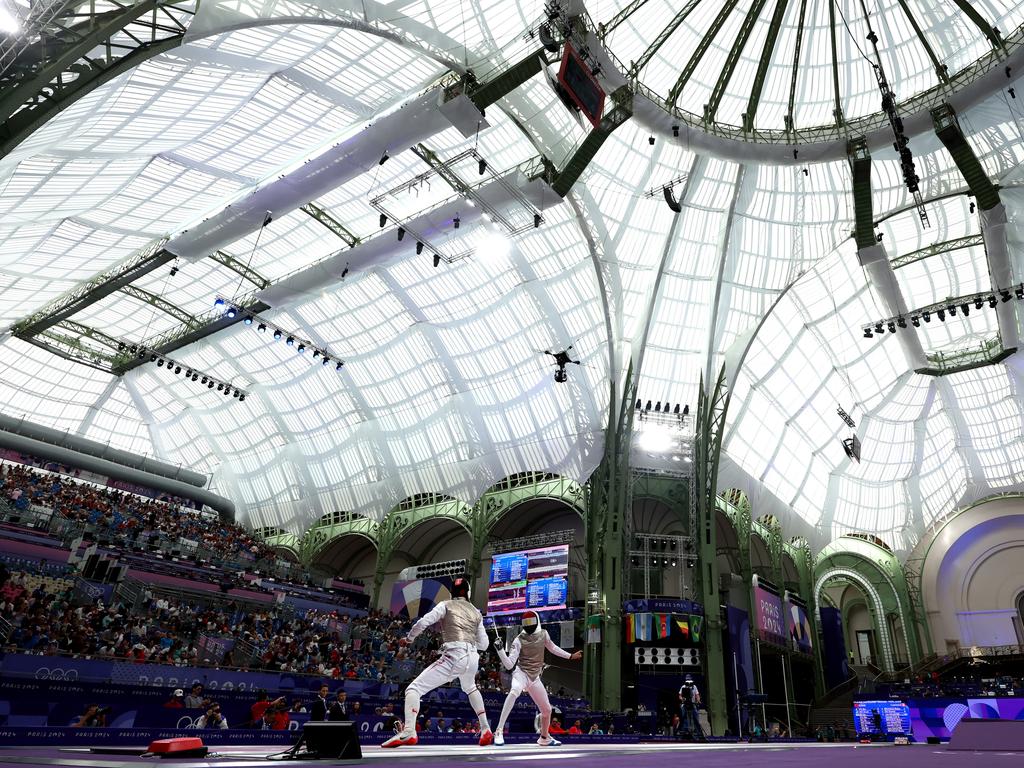
Terrence Burns, another former IOC marketing executive, told AFP he thinks Paris has set a “very high bar” for the 2028 hosts Los Angeles.
“Each Games brings something unique,” the American told AFP. “This one will be remembered as much for the city as the Games that took place in it.
“So much was riding on the success of Paris 2024.
“Each venue felt like a piece of history and I loved how they used the city itself as the canvas upon which to paint a beautiful Games – unmatched.”
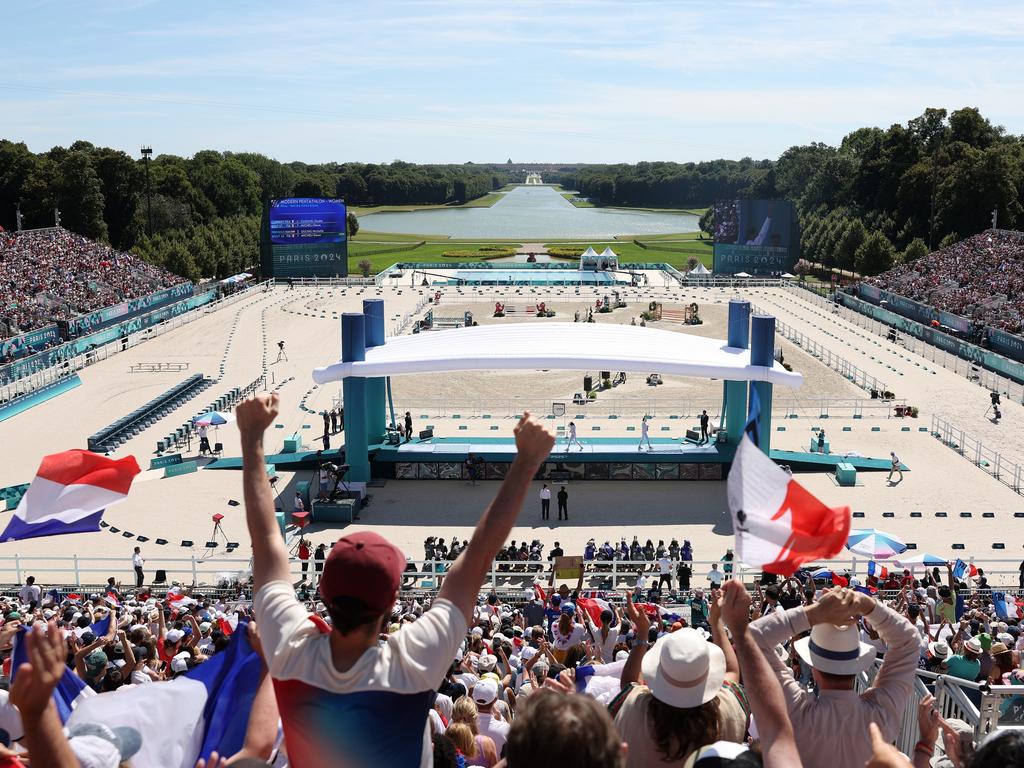
Robertson, the head of the British Olympic Association since 2016, says London’s Olympic Park from 2012 with “traditional stadiums all over it” may be the last of its kind.
“If there is one thing I really learned from Paris, it is using temporary venues in stunning locations,” he told AFP.
“Future hosts should use it as a template in not building permanent stadiums and instead putting temporary stands in beautiful locations.”
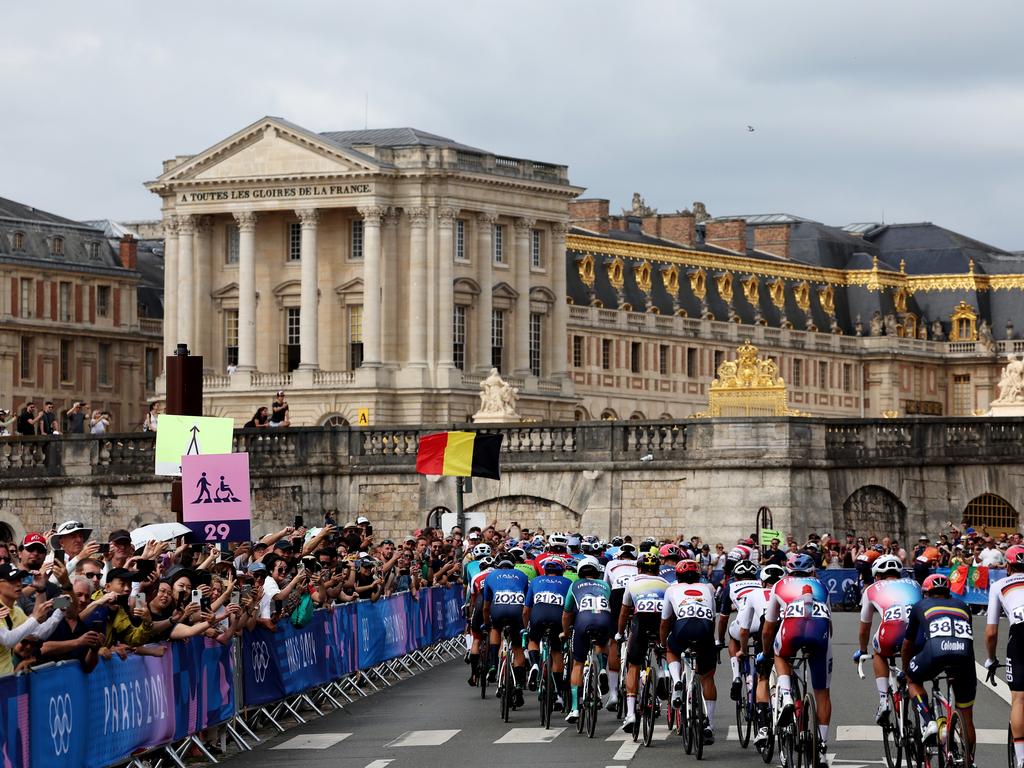
Payne, who oversaw a transformation in the IOC’s brand and sponsorship during his two decades there, believes what the organisers did in exploiting Paris’s landmarks and natural beauty will be a game changer for bid cities.
“Paris, with their venues throughout the city, set against iconic stunning backdrops (and no major new sports infrastructure built), will kickstart a whole new era in cities wanting to host the Olympic Games, much as Barcelona 1992 did,” he said.
Robertson said one venue stood out for him.
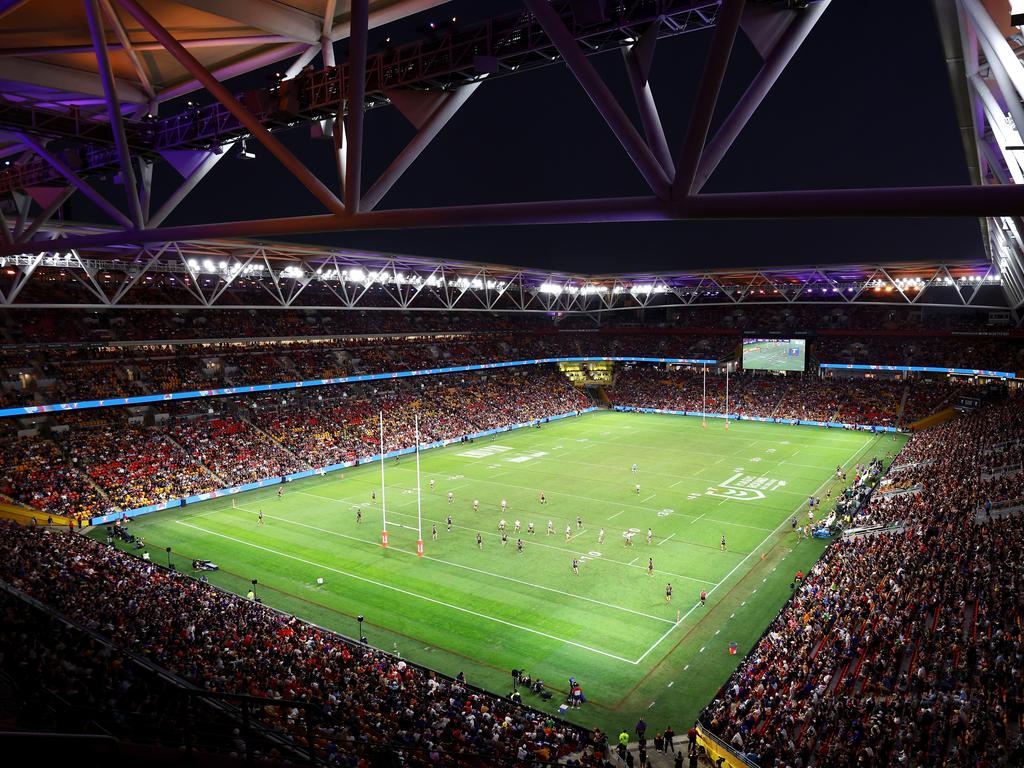
“The equestrian venue at Versailles was stunning, one of the greatest venues of all time,” said the 61-year-old.
“Sitting in that bowl looking out with the Palace of Versailles in the background, I cannot think of a better venue in the five Games I have been to.”
Burns has attended many Games but even his breath was taken away by one of the venues.
“The beach volleyball venue was the most amazing setting for any sporting event I’ve ever seen,” he said.
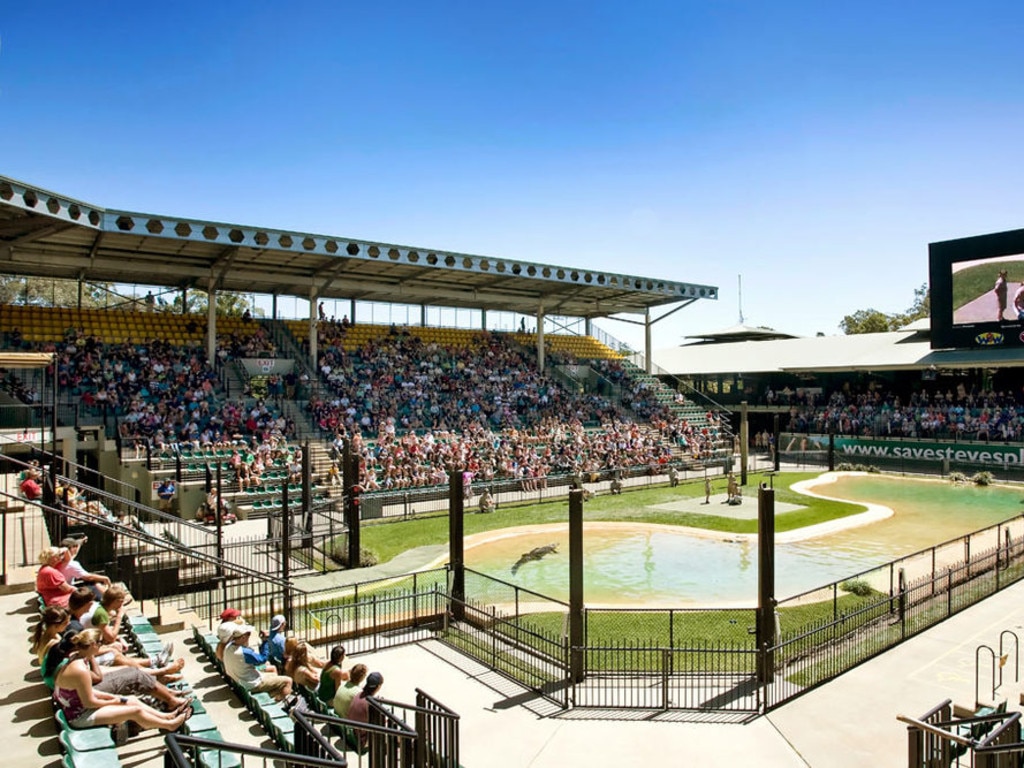
It’s a legacy that’s impossible for Brisbane to live up to.
While Queensland’s coast and iconic beaches will provide a stunning backdrop for events like surfing, sailing and beach volleyball, there’s a scarcity of famous landmarks to work with for most sports.
Certainly nothing with global renown.
Unless the diving is held in the Crocoseum at the Australia Zoo or they take the equestrian to the Outback, Brisbane is better off being itself than attempting to follow Paris’ lead.
Fencing in front of City Hall just doesn’t seem as fancy.
But Paris wasn’t perfect either.
The River Seine was the fickle support act, taking centre stage at the opening ceremony and open water swimming and triathlon events despite a running saga over water quality.
It was under torrential rain that the Seine appeared before millions of viewers around the world on July 26 for a controversial opening ceremony.
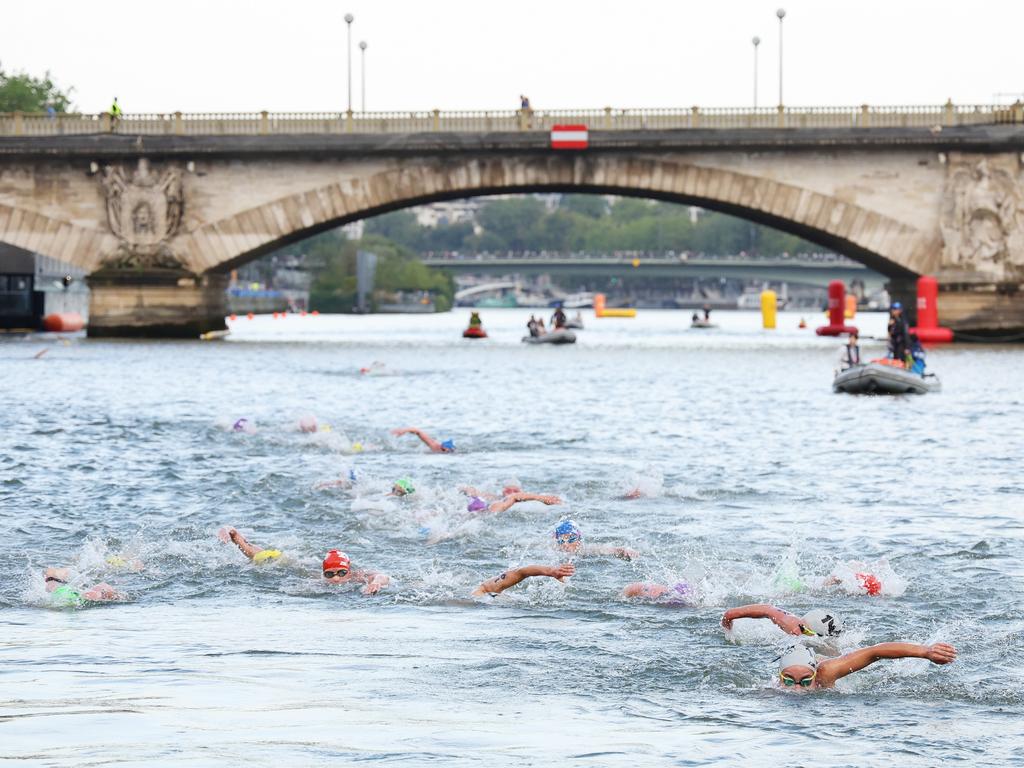
“Dantesque conditions,” was how Games chief Tony Estanguet summed up the unprecedented Olympic opening ceremony, the first to take place outside the main stadium.
For Payne it was one of the few lows of the Games – and suggested the local organisers had not divulged its content to the IOC beforehand.
“The ‘Last Supper’ scene was totally unnecessary and culturally insensitive to a global audience – not surprising they hid it from the IOC, who would have blocked it,” he said.
But that wasn’t the last of the Seine’s woes as summer rains and storms meant the water quality was not always up to standard.
Of 11 days of events and training scheduled in its murky waters, only five got the green light.
The river remained dogged by pollution problems despite a $2 billion upgrade to improve the Paris sewerage and water treatment system.
At least the open water swimming won’t be in the Brown Snake.
– with AFP
Source Agencies


